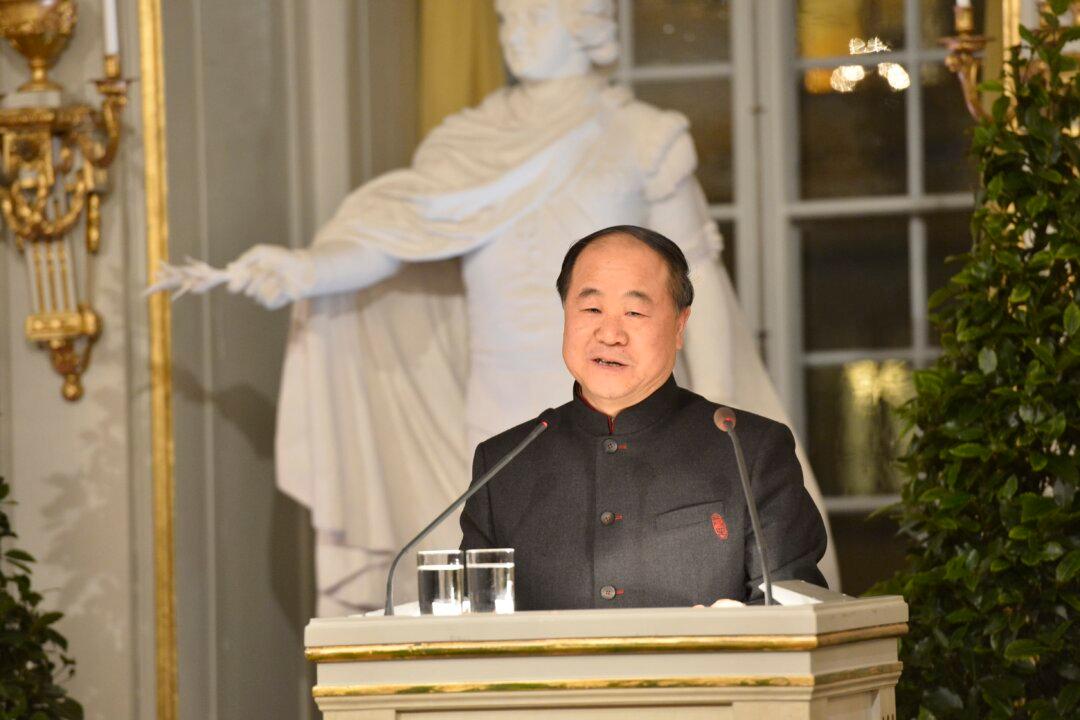News Analysis
Chinese writer Mo Yan, winner of the Nobel Prize in Literature, was recently sued by an ultra-Maoist for his writings allegedly “smearing” former Chinese Communist Party (CCP) leader Mao Zedong and the party’s armies.

Chinese writer Mo Yan, winner of the Nobel Prize in Literature, was recently sued by an ultra-Maoist for his writings allegedly “smearing” former Chinese Communist Party (CCP) leader Mao Zedong and the party’s armies.